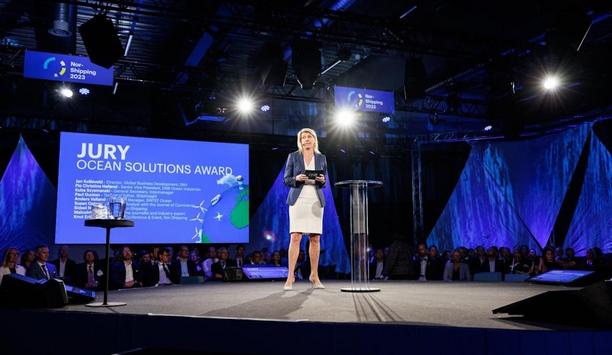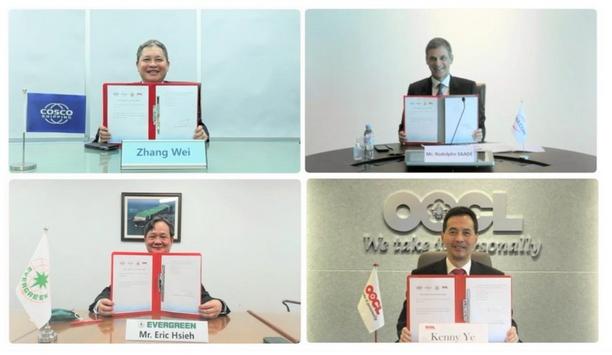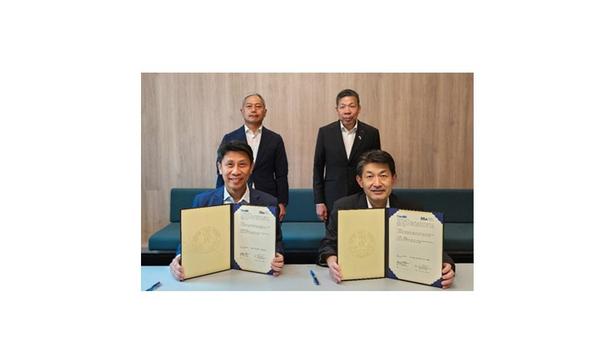20,000 businesses will face due diligence requirements from the EU’s Corporate Sustainable Due Diligence Directive (CS3D) which is due to come into force in 2024.
This follows Germany’s Lieferkettengesetz (Supply Chain Act) which will take effect in 2023 and Norway’s Åpenhetsloven (Transparency Act) which became law in July 2022. These state-specific rules add to the list of those from other nations like Australia, France, and the UK, which have released similar regulations to protect worker rights over the past decade.
Making meaningful attempts
Based on the UN Guiding Principles on Business and Human Rights, all share common approaches and requirements: to make meaningful attempts at creating transparency in the supply chain. In many cases, particularly in the forthcoming regulations, non-compliance will result in heavy fines.
Through these regulations, businesses that operate in Europe will be required to adopt measures to identify, cease, prevent, mitigate, and publicly account for negative actual (and potential) human rights impacts across their entire value chain, including from indirect suppliers.
Third-party assurance
This builds on DNV’s range of sustainability services across the ESG spectrum
DNV has developed a modular offering which can provide solutions and third-party assurance for businesses at any level of maturity – from assessing exposure to human rights risks and conducting supply chain mapping, to implementing digital solutions which collect direct feedback from workers on all aspects of working conditions (through DNV’s own tool, Worker Voice), and designing a remediation action plan.
This builds on DNV’s range of sustainability services across the ESG spectrum and deep supply chain management expertise, as well as human rights work already untaken for customers through the use of innovative tools, which gives DNV numerous advantages compared to conventional audit-based players.
Cost-effective tools
Valentina Gurney, Senior Manager – Supply Chain Assurance at DNV, said: “Human rights abuses are one of the biggest risks to global businesses. There will be a lot of work needed to prove to European regulators that a company is not involved in human rights abuses in any part of its value chain with the enforcement of CS3D and rules in other jurisdictions.”
“Companies need to start showing more transparency of operations throughout their international supply chains – there are cost-effective tools and solutions available to help with this and DNV can partner with any business to assure that people are protected, laws are complied with, and reputational risks are minimised.” DNV also recently launched an offering to support businesses with compliance in four key areas of the EU Green Deal, involving sustainability, safety, due diligence, and the third-party verification necessary to satisfy the requirements affecting all businesses and their supply chains in, or exporting to, the EU.











